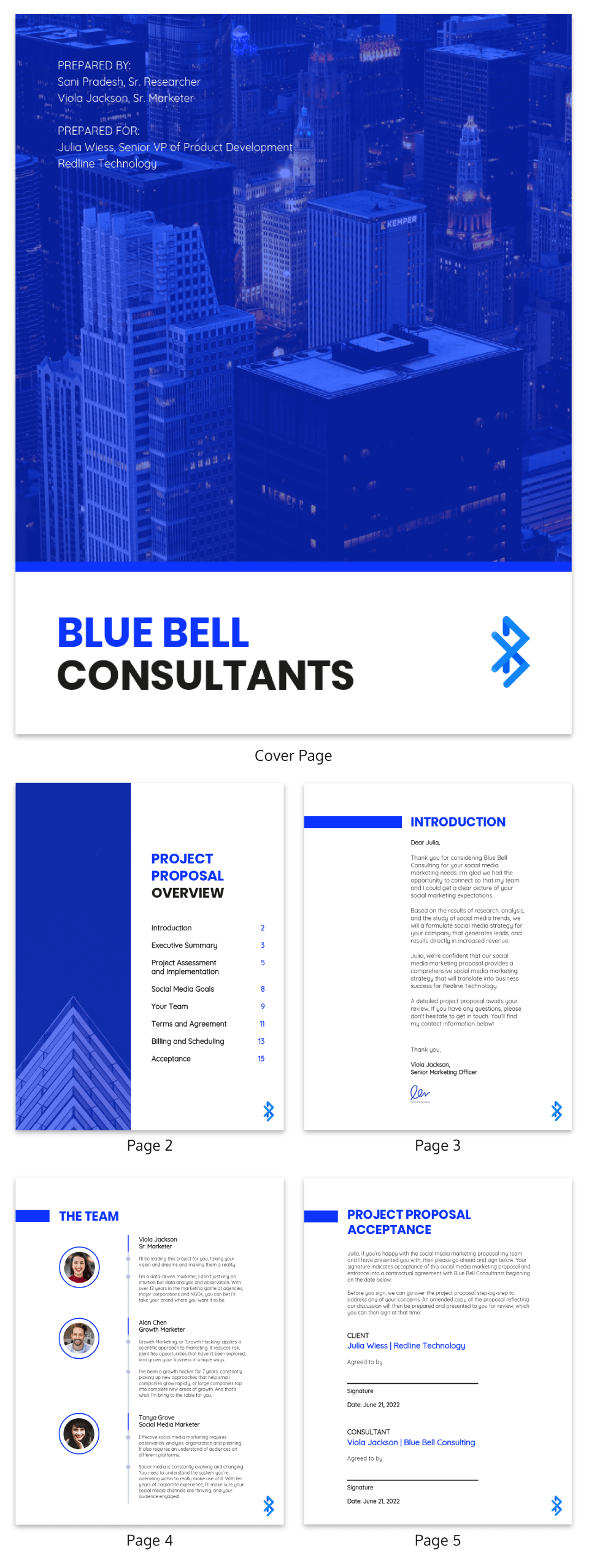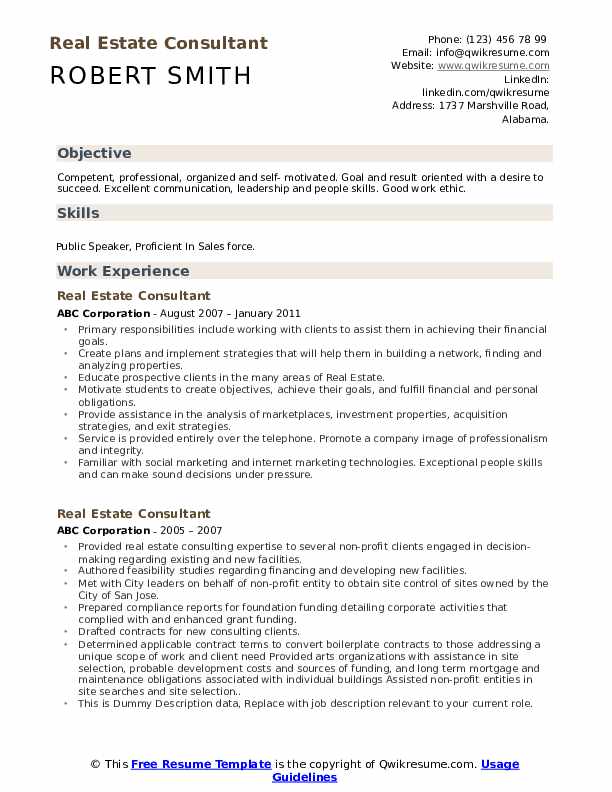
The public sectors includes many organizations and services that work for the public. It is also known to be the state section. We'll be discussing the functions of the public sector in this article. Finally, we'll discuss the challenges facing change leaders and organizations in the public sector. In this article, we'll examine how to overcome these challenges.
Definition of the public service
Defining the public sector can be difficult, as there are many different types of public sectors. The IIA clarifies the concept by declaring it government, publicly-controlled agencies, and publicly funded enterprises (PFEs), as well any organizations that provide public services, goods, and programs. The guidance is based on specific criteria for defining the public and private sectors, as well as for classifying organizations.
Private companies on the other side are profit-oriented and seek to compete for consumer dollars. These companies are often organized as partnerships, sole proprietorships or limited companies. Public sector organizations, on the other hand, have the power to make laws and enforce policies. These policies can impact the economy, individuals, or international relations.

Functions and functions of the public sector
Public sector organizations serve a range of public functions. For example, public utilities provide essential services like electricity. In addition, public transportation facilities provide a variety of transportation options. Many social services are also based on the public sector model. These include public housing, food banks, and health care.
Public sector agencies also provide analytical functions. They are able to allow us compare the activities of public sector agencies with those of private and third-sector. This allows us map state activities and to make comparisons across spaces, highlighting distinct patterns and operating processes.
Leaders in public-sector transformation face challenges
Leaders in the UK face many challenges as the public sector experiences significant changes. These include meeting the needs of citizens, driving inclusive growth, and managing the impact of the UK's withdrawal from the European Union. A careful analysis of current trends can highlight three key drivers.
Financial pressures: Leaders in the public service have been concerned about funding and finances for years. While the government is trying to improve efficiency and productivity it must also safeguard resources and maintain a workforce. According to a recent GSCU survey, funding and finance are the most pressing issues facing public-sector leaders. Management and recruitment are also issues.

Public-sector organisations face many challenges
Public sector organizations face many problems today. These include staff shortages and unmet customer needs, as well as employee stress and burnout. These challenges can make it difficult for public sector leaders to build a positive working environment and retain talented staff. Low tax bases can make it difficult for the public sector to provide promised services.
Technology solutions are helping the public sector modernize its systems while protecting data from legacy systems. Public sector organizations can now use cloud-based software such as Office365 to provide their employees with collaborative tools that were previously out of reach. These solutions are flexible enough to fit individual needs. They also cost less than the rebuilding of traditional on-premises applications. These solutions enable public servants to provide more customized, intelligent experiences for their constituents.
FAQ
How do I become successful as a consultant?
Finding a passion area is the first step. You must then build relationships. You need to know what clients want and how they operate. Finally, you have to deliver results for your clients.
While you don’t have to be the greatest at everything, you have to be better than everyone else. It is important to be passionate about what you do. It isn't enough just to say, "I'm going to be a consultant." You have to believe in yourself, and in what you are doing.
Why would a company employ a consultant to help them?
Consulting provides expert advice about how to improve your business performance. Consultants are not here to sell products.
A consultant is a person who helps companies make better choices by providing sound analysis, and making recommendations for improvement.
Consulting often works closely with senior management teams in order to help them understand the steps they must take to succeed.
They offer coaching and leadership training to help employees achieve their highest potential.
They may be able to advise businesses on ways to cut costs, improve efficiency, and streamline processes.
What is a consultant?
A consultant is someone who offers services to others. It's not just a job title; it's a role where you help others achieve what they want from life. You do this by helping them understand their options and helping them make the right choices.
Consultants have the ability to solve any problems or challenges that may arise from projects. They can provide guidance and advice on how to implement the solutions.
Consulting should be able address questions related to law, finance and technology.
What industries use consultants
There are many types. Some focus on one particular type of business while others specialize in more than one area.
Some consultants work only for private companies, while others represent large corporations.
And some consultants work internationally, helping companies all over the world.
What skills are required for consulting?
Consultants should be able to communicate effectively and have excellent analytical skills. This is essential because you will be working on projects that you don't know the details of. This is a must because you need to learn how quickly you can manage people.
Also, you must have great communication skills. Clients expect a response within 24 hours. They assume that you won't respond if they don't hear from them within 24 hours. It is important to keep them updated and make sure they fully understand the situation.
How much do consultants earn?
Some consultants earn more than $100k per year, but most consultants earn between $25 and $50k. An average consultant salary is $39,000 This includes both salaried as well hourly consultants.
Salary depends on industry, experience, location, and type of contract (contractor vs employee). Also, whether the consultant is located in their office or remote.
How do I get clients to my consulting business?
It is important to identify an area of passion. You can choose to be passionate about anything, from public relations and social media. You may need to start small and find a niche market like web design. Once you have found the niche market, you need to understand why it works. What problems does this solve? Why should people use this? But most importantly, what can you do to help them?
You can also try approaching businesses directly - perhaps they need someone who understands SEO or content creation, or maybe they just want to know where to go for advice on social media strategy.
If all else fails offer your services for free at networking events and conferences. This will allow you to meet potential customers without the need for advertising and also allows you to showcase your skills.
Statistics
- My 10 years of experience and 6-step program have helped over 20 clients boost their sales by an average of 33% in 6 months. (consultingsuccess.com)
- According to statistics from the ONS, the UK has around 300,000 consultants, of which around 63,000 professionals work as management consultants. (consultancy.uk)
- Over 50% of consultants get their first consulting client through a referral from their network. (consultingsuccess.com)
- "From there, I told them my rates were going up 25%, this is the new hourly rate, and every single one of them said 'done, fine.' (nerdwallet.com)
- WHY choose me: Why your ideal client should choose you (ex: 10 years of experience and 6-week program has helped over 20 clients boost their sales by an average of 33% in 6 months). (consultingsuccess.com)
External Links
How To
How to find the best consultant
When searching for a consultant, the first thing you should do is ask yourself what your expectations are. Before you begin looking for a consultant, it is important to know what your expectations are. Before you start looking for a consultant, make a list. This list could include technical expertise, project management skills, communication skills and availability. After you have listed your requirements, it might be a good idea to ask colleagues and friends for their recommendations. Ask them if they had any bad experiences with consultants previously and see how their recommendations compare with yours. Research online if you don’t already have recommendations. There are many websites that allow users to leave feedback about their previous work experiences, such as LinkedIn and Facebook, Angie's List or Indeed. Take a look at comments and ratings from others, and use that data to find potential candidates. Once you have a shortlist, be sure to contact potential candidates directly to schedule an interview. You should discuss your requirements with the candidates and ask them how they can help. It doesn’t matter who recommended them to you, just make sure they understand what you are trying to achieve and how they can help.